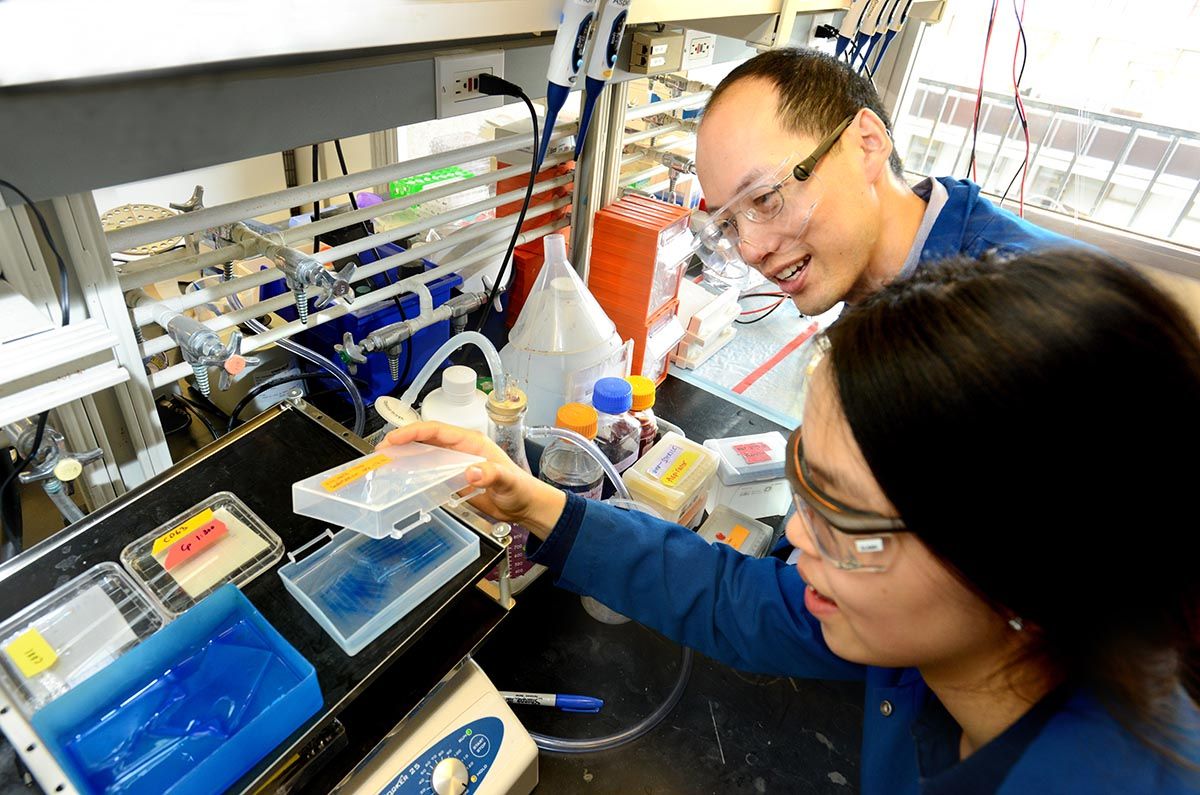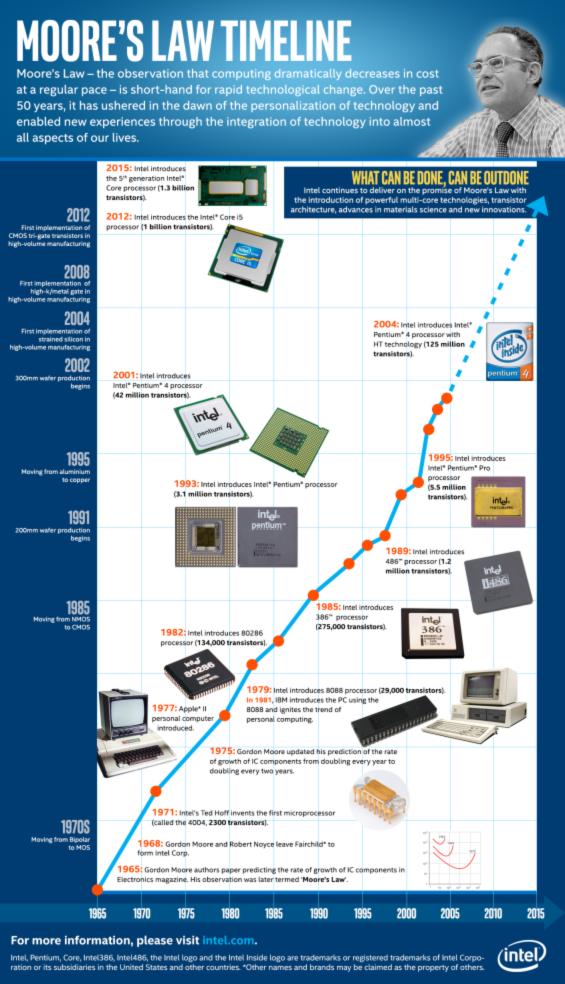Jun 6, 2016
Copper is key in burning fat: Scientist says results could provide new target for obesity research
Posted by Karen Hurst in categories: biotech/medical, education, genetics
Interesting concept; my only concern is to individuals with nuero diseases or prone through genetics to have neuro diseases. For Dystonia patients/ victims who have copper compounds in their systems can potentially develop a form of secondary dystonia which can be terminal. Also, my years in the labs at ORNL taught us a lot about heavy metal exposures (including copper compounds); so I am a bit taken back by this article.
A new study is further burnishing copper’s reputation as an essential nutrient for human physiology. A research team led by a scientist at the Department of Energy’s Lawrence Berkeley National Laboratory (Berkeley Lab) and at the University of California, Berkeley, has found that copper plays a key role in metabolizing fat.
Long prized as a malleable, conductive metal used in cookware, electronics, jewelry and plumbing, copper has been gaining increasing attention over the past decade for its role in certain biological functions. It has been known that copper is needed to form red blood cells, absorb iron, develop connective tissue and support the immune system.
















